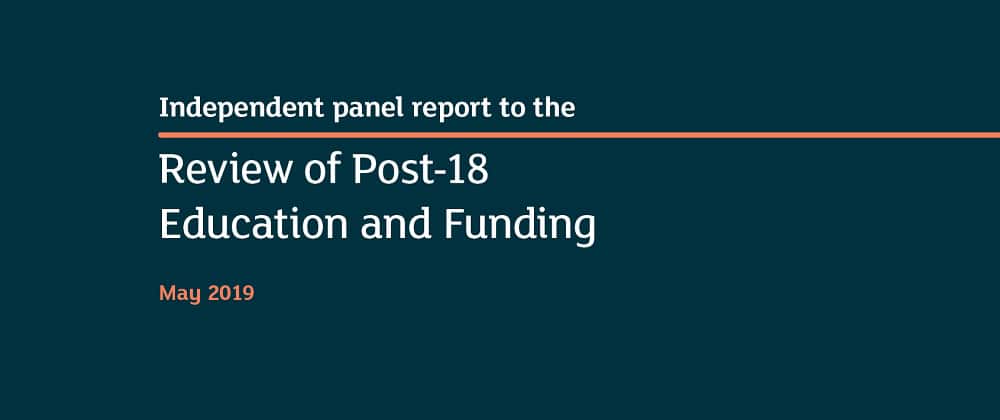A report published earlier this year by the Learning and Work Institute (L&W) shows the intrinsic link between skills and productivity increases.
The report, Time for Action: Skills for Economic Growth and Justice, says skills improvements have contributed to one-fifth of UK economic growth over several decades.
These increases were driven by a higher proportion of highly qualified people in the UK. One study showed that each percentage increase in the number of graduates leads to a 0.2% to 0.5% productivity bump.
Analysing UK and global research, the report reveals that there are five reasons for why skills impact productivity. L&W call these the ‘five foundations of productivity’. So what are they?
Ideas
High-skilled people produce ideas they apply to business, which converts into higher productivity. For example, a company won’t be able to use a new technology unless it has highly skilled people to implement it.
People
The report argues that the UK has a low quality of leadership and management, leading to bottlenecks in the ability of companies to implement innovations. Also, one study by Dearden, Reed and van Reen in 2006, found that a 1% increase in the number of workers training in an industry-led to a 0.6% rise in productivity, with half going to the worker in increased wages and half to the business.
Infrastructure
The economy doesn’t work without good infrastructure – think trains, buses, broadband and energy. Without transport, people can’t get to work, and without broadband, businesses can’t make use of the potential of the internet. An effective infrastructure needs an excellent skills base to build it.
Business Environment
A good skills base makes it easier for people to start businesses. And businesses will invest in a country, region, or city that has the skills they need.
Place
The UK, like the US, has big disparities in its skills base across regions. Productivity in London is 50% higher than the rest of the UK. The report argues that concerted action is needed on all give preconditions for productivity to counter regional inequalities, which, in turn, would improve the country’s performance as a whole.
The Learning and Work Institute says government and companies need to invest £1.9 billion per year and reverse falls in adult reskilling to achieve real productivity gains. Given government pledges to spend an additional £120 million for technical institutes, while apprenticeship starts are growing only slightly, it seems right to reflect on the gap between what is needed and what is offered.
Richard Alberg, CEO of MWS Technology
“We’ve always known that, globally, productivity increases and economic growth are founded on retraining people in much-needed skills. Our entire business model is built on contributing to skills development by enabling training providers to deliver programmes efficiently, with built-in features helping them to nurture and progress learners.
“This new report really helps us to understand why skills matter and why what we are doing as a company is based on sound economic facts. I’d urge all those in the sector to read it and absorb its lessons.”










